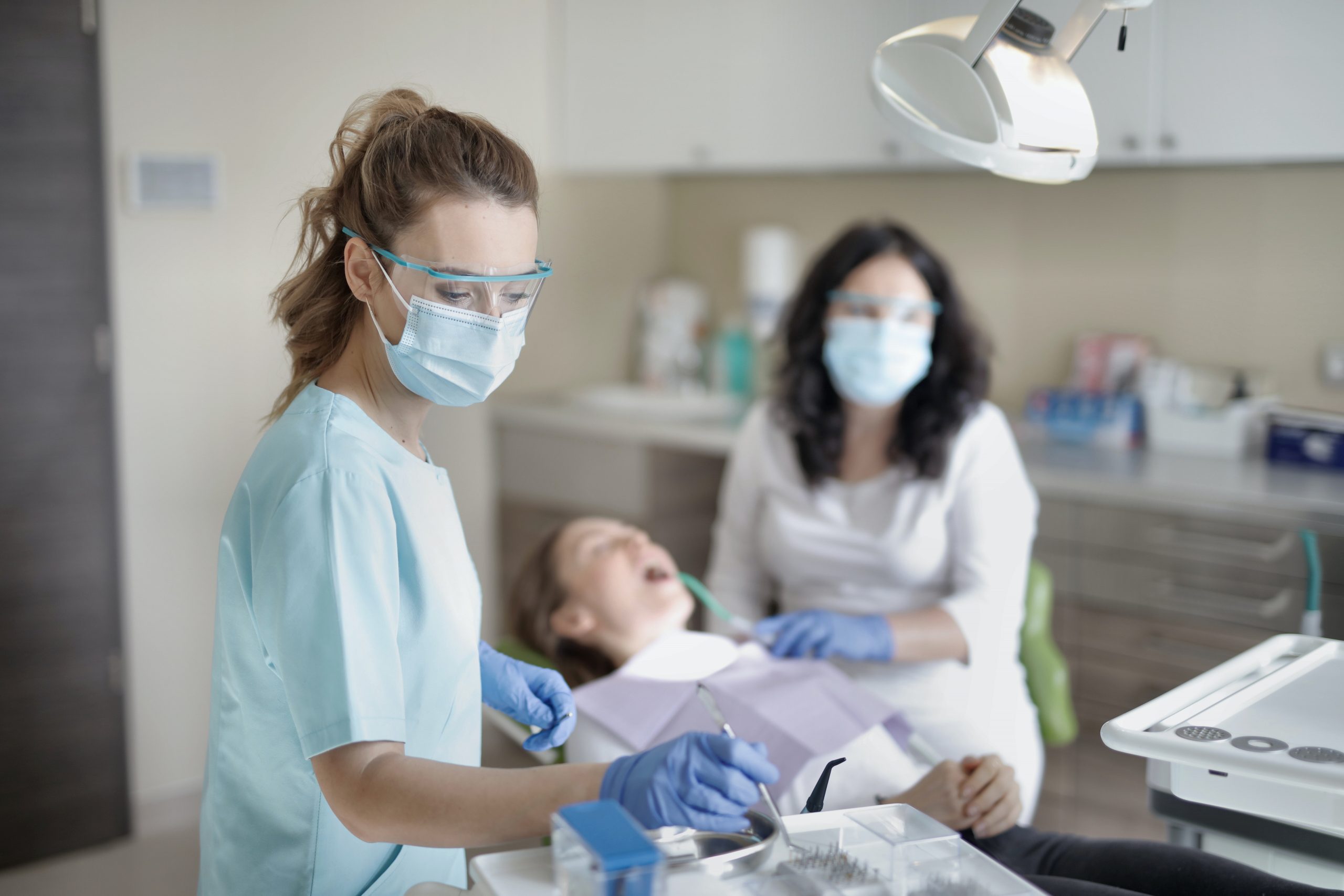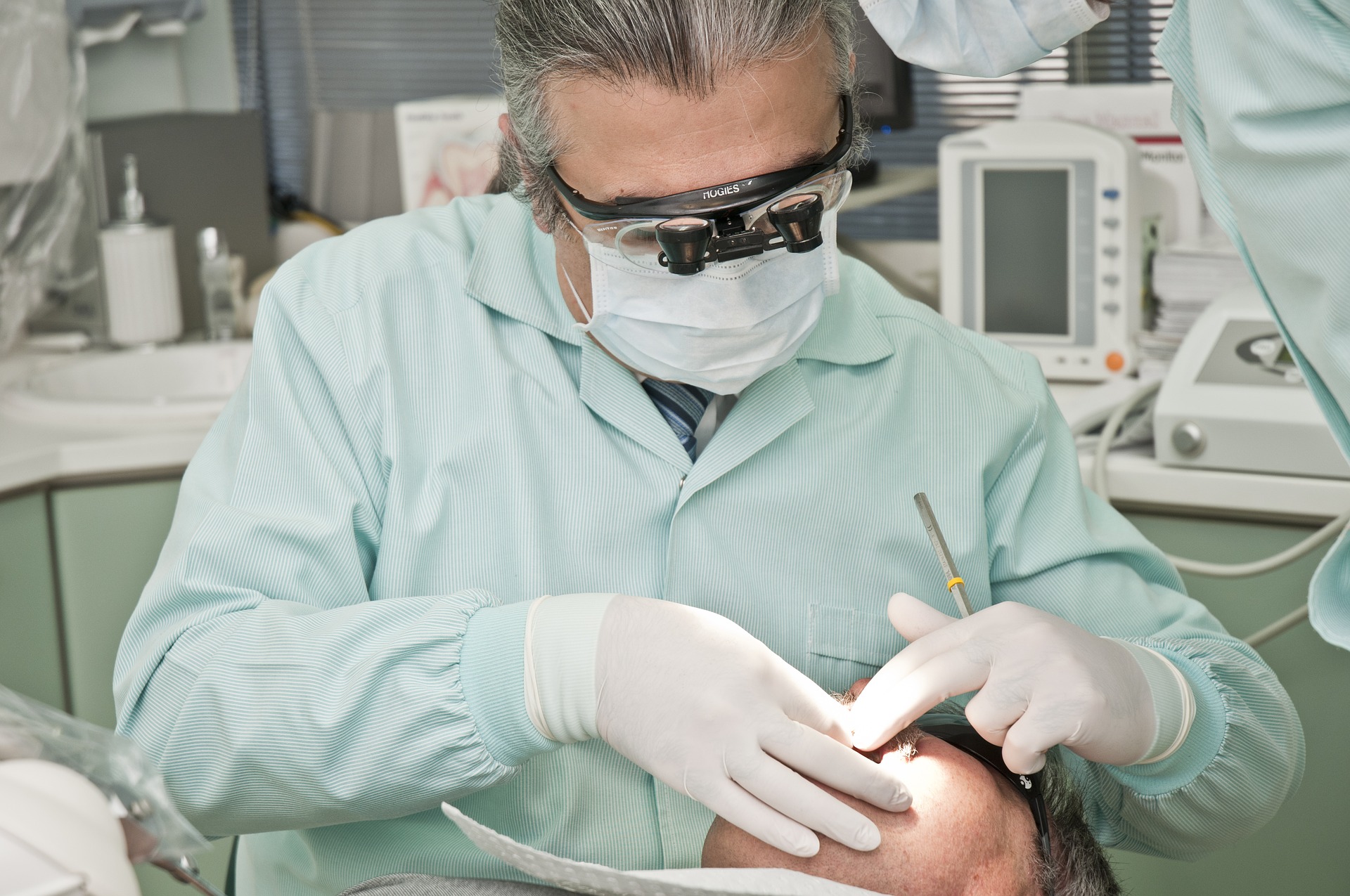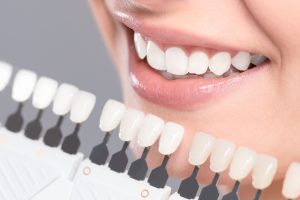What to do in a dental emergency
There are many different types of dental emergencies that might affect you during your lifetime. Unfortunately, it is not always easy to clear your head and think objectively about the problem if you are in pain or your teeth are badly damaged.
Although no one can predict when an accident or injury will occur, you can certainly make things easier if you can remember some essential factors that come into play with dental emergencies.
Let’s take a look at some helpful hints and tips that could make all the difference:
- Don’t panic—It’s easy to say ‘stay calm’ when a stressful situation develops, but getting hysterical and panicking will not make things any better. Instead, you need to try to stay calm to make the right decisions about your treatment and your dental condition.
This can be especially difficult if your dental injuries are wrong and you are someone who struggles to maintain their composure when an emergency occurs. If you find it hard to steady your nerves, you can consistently recruit family members or friends to give you a helping hand in arranging treatment and transport; many people benefit significantly from the support and advice of loved ones. However, you need to remember that it is ultimately your decision, and you should not avoid seeing a dentist just because someone else tells you that they think it is unnecessary.
- Think about transport—This often gets overlooked when an urgent situation develops, but you need to consider how you will get to the clinic and back to get treatment. Sometimes, dental injuries can make it unsafe for patients to travel alone or drive a car. If you find yourself in this situation, you should ask a friend or family member to accompany you to the surgery or give you a lift; this is the best way to ensure you get there and back safely with minimum stress.
- Act quickly – It might seem like an obvious point to make but to act rapidly after an accident or injury is undoubtedly in your best interests; this doesn’t mean doing something hasty without thinking it through, but you definitely should not be sitting at home hoping that the problem will resolve itself. Ideally, you should try and get to the surgery within a couple of hours of the situation arising; this should mean that your long-term tooth damage is kept to a minimum – especially if you have suffered more severe dental trauma.
Fortunately, dental clinics that provide emergency treatment are usually open twenty-four hours a day, so you should not find it too hard to arrange an appointment at short notice.

- Call a dental line – Besides providing twenty-four-hour dental care, most emergency dentists in London will also run twenty-four-hour phone lines to help patients who are unsure what their symptoms indicate – it is not always easy to identify a dental emergency yourself, so speaking to a professional can make a huge difference. See which dentist we recommend.
Although these dental lines are not usually free to call, you should consider getting in touch because it could save you some time and discomfort if you get an early diagnosis.
Similarly, you might not even need an emergency dental appointment. But, again, speaking to someone who knows what they are talking about beforehand could mean that you are okay making an appointment with your regular dentist rather than a twenty-four-hour surgery.
- Contact the surgery—In addition to calling a dental line to find out what your symptoms represent, you can call the surgery itself for more information; this is especially helpful if you have never visited before and would like some details about things like location, parking, and appointment availability.
Some people prefer contacting the team beforehand rather than just turning up unannounced. Although this is not strictly necessary, it could mean that you can access treatment sooner if the unit is better prepared for your arrival.
This can be particularly helpful in severe dental trauma cases and needs treatment.
- Have a plan – This doesn’t mean that you have to worry about dental emergencies, but it could make a real difference if you know what you are doing should an emergency arise.
It could be something as simple as just having a contact number to hand or some details of the local emergency dental services; this is going to make it much easier to arrange your treatment at short notice, and you will also feel more confident about the situation because you are in control.
- Consider registering – If you are not registered with a surgery that can provide you with twenty-four-hour care, you might like to think about writing because it could give you peace of mind regarding your dental health in the future.
Although you don’t have to be registered to make an appointment, it could also be beneficial if you have ongoing teeth problems or are worried about suffering dental trauma again.
The registration process should not take long, and you will also have access to regular care, such as check-ups and any restorative treatment you might need. Registering with the emergency surgery will mean leaving your current clinic, but it might be worth it if you have ongoing dental problems that flare up at inopportune moments.

